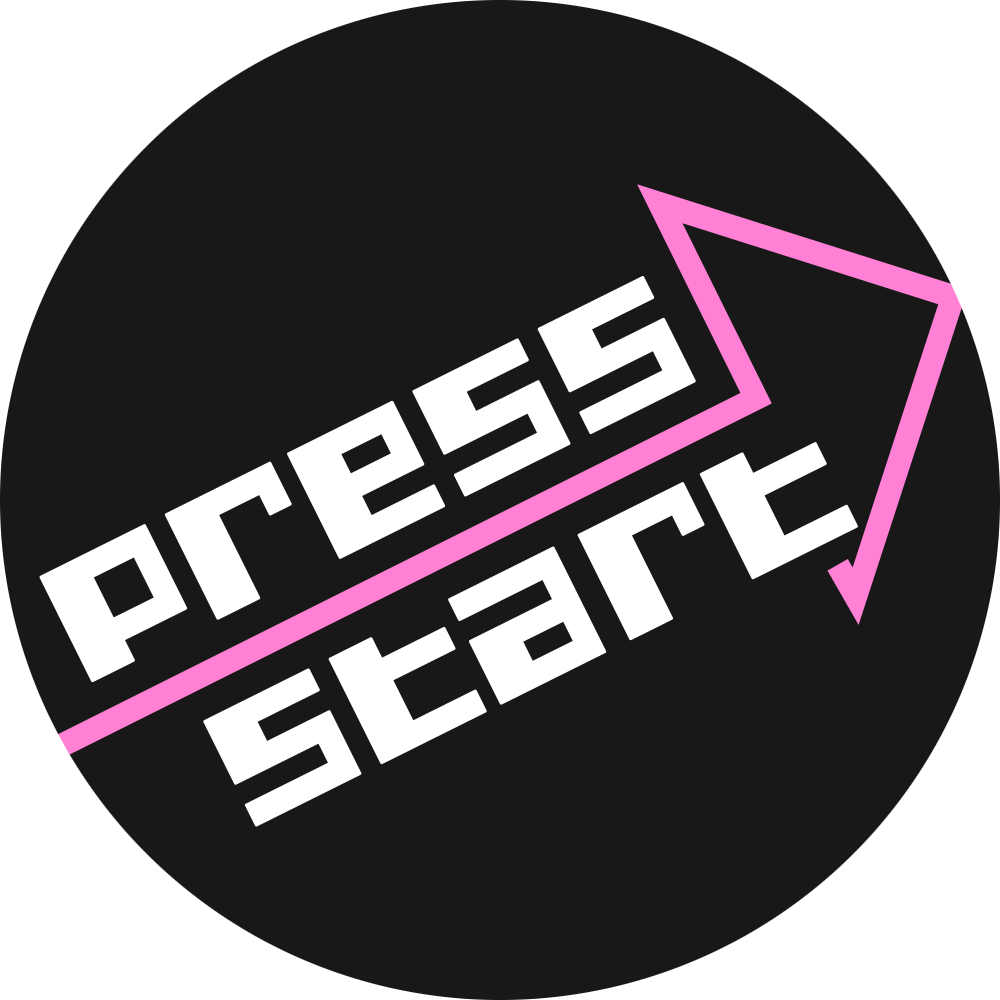I used Plex for my home media for almost a year, then it stopped playing nice for reasons I gave up on diagnosing. While looking at alternatives, I found Jellyfin which is much more responsive, IMO, and the UI is much nicer as well.
It gets relegated to playing Fraggle Rock and Bluey on repeat for my kiddo these days, but I am absolutely in love with the software.
What are some other FOSS gems that are a better experience UX/UI-wise than their proprietary counterparts?
EDIT: Autocorrect turned something into “smaller” instead of what I meant it to be when I wrote this post, and I can’t remember what I meant for it to say so it got axed instead.


The thing I find hard to convey is that FLOSS software is superior to proprietary software for many reasons, most of which are non-technical: FLOSS software is superior to proprietary software if it isn’t spying on you, if it’s governance is collective, if it’s not build to make you pay for things that should be free, if it lets you decide where your data goes, etc…
we’re often missing the point when we attempt at side-by-side comparison of FLOSS and proprietary software… It’s usually one-dimentional, and playing on our opponent’s field: these companies racketing their users based on rent-based exploitative business models will always have more resources than independant developpers to improve “UX/UI”… so I think this must not be the only prism through which reading these things.
Another important point to add is that closed software depends on the company making money to exist. If the company goes under then the software goes away. However, what’s even worse is that the company constantly has to change the software to chase trends and attract new users.
You might’ve been the target demographic when you started using the software, but the target will inevitably move on to a different demographic sooner or later. At that point you either have to adjust to the changes or find a new piece of software.
On the other hand, open source software doesn’t need to chase trends, and even if the original project decides to move in a direction existing users don’t like then they’re free to fork it. This is precisely what we saw with Gnome when a bunch of users wanted to keep their existing experience and made forks like Cinnamon.
This is a really underappreciated aspect of open source in my opinion. You can safely invest in learning an open source tool without worrying that it will go away or change in a way you don’t want it to.